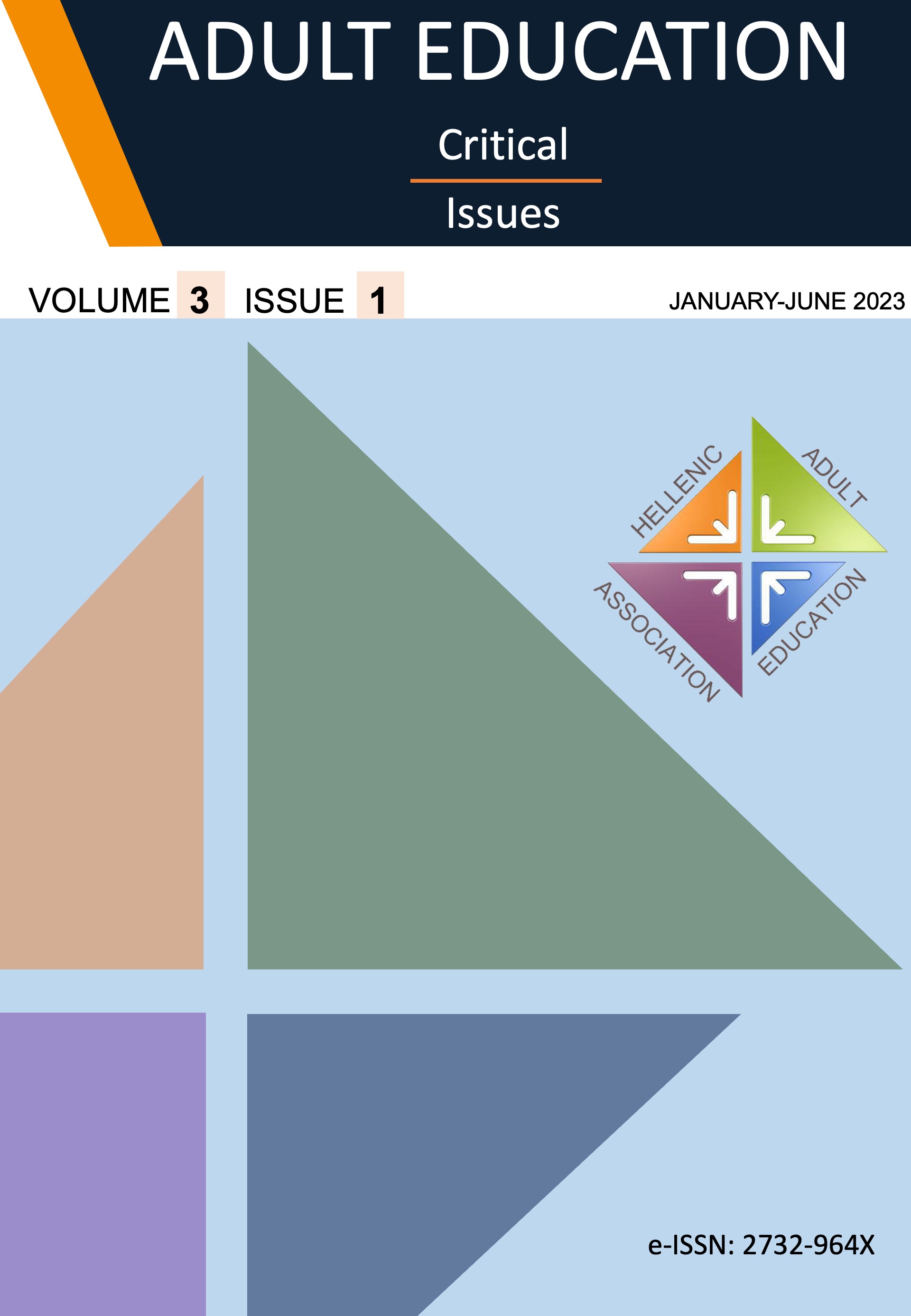Formation of Adult Education Policy: Key messages and main challenges

Abstract
This article analyses the main influences and factors that affected adult education policy formation in the European Union (EU) and the key messages as well as leading directions and related key concepts identified in the European policy documents that are presented. In order to investigate the above, a review of official EU policy documents on adult education over the last twenty years was undertaken. Adult education gained a prominent position in EU policy as a vital component of lifelong learning; however, the emphasis has mostly been on realizing its economic goals, by focusing on labour market trends and needs, such as employability and competitiveness. This article takes the position that adult education policies should ensure seamless participation of adults in learning so as to promote the personal and social development and the wellbeing of adults and creatively contribute to the formation of more cohesive and just societies.
Article Details
- How to Cite
-
Ioannou, N. (2023). Formation of Adult Education Policy: Key messages and main challenges. Adult Education Critical Issues, 3(1), 7–25. https://doi.org/10.12681/haea.31755
- Section
- Articles

This work is licensed under a Creative Commons Attribution 4.0 International License.
Authors who publish with this journal agree to the following terms:
- Authors retain copyright and grant the journal right of first publication with the work simultaneously licensed under a Creative Commons Attribution License that allows others to share the work with an acknowledgement of the work's authorship and initial publication in this journal.
- Authors are able to enter into separate, additional contractual arrangements for the non-exclusive distribution of the journal's published version of the work (e.g., post it to an institutional repository or publish it in a book), with an acknowledgement of its initial publication in this journal.
- Authors are permitted and encouraged to post their work online (e.g., in institutional repositories or on their website) prior to and during the submission process, as it can lead to productive exchanges, as well as earlier and greater citation of published work (See The Effect of Open Access).


